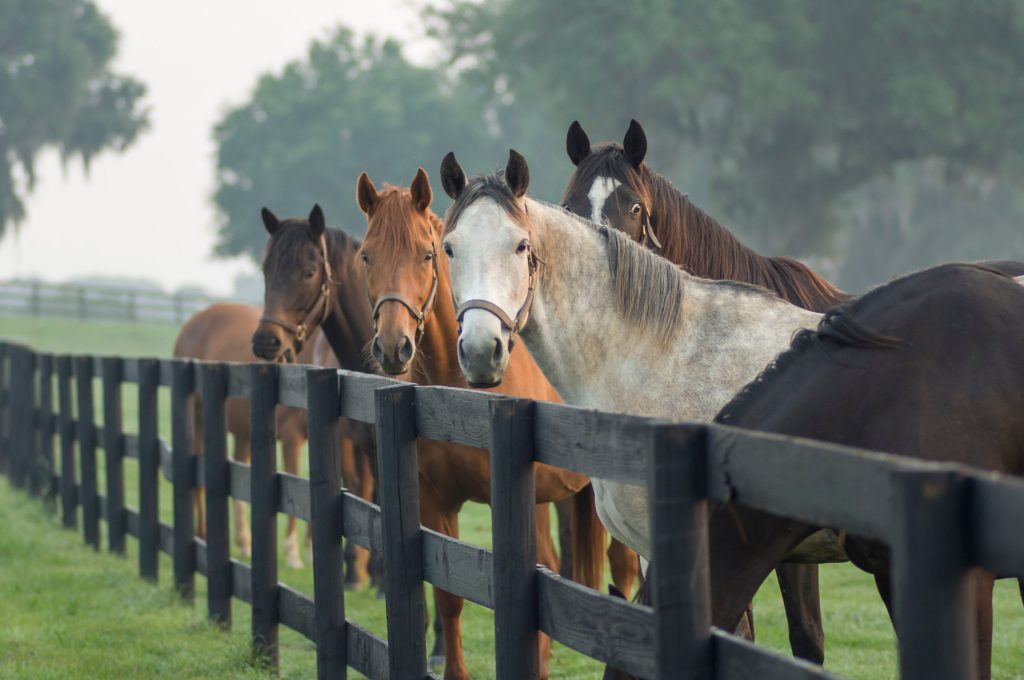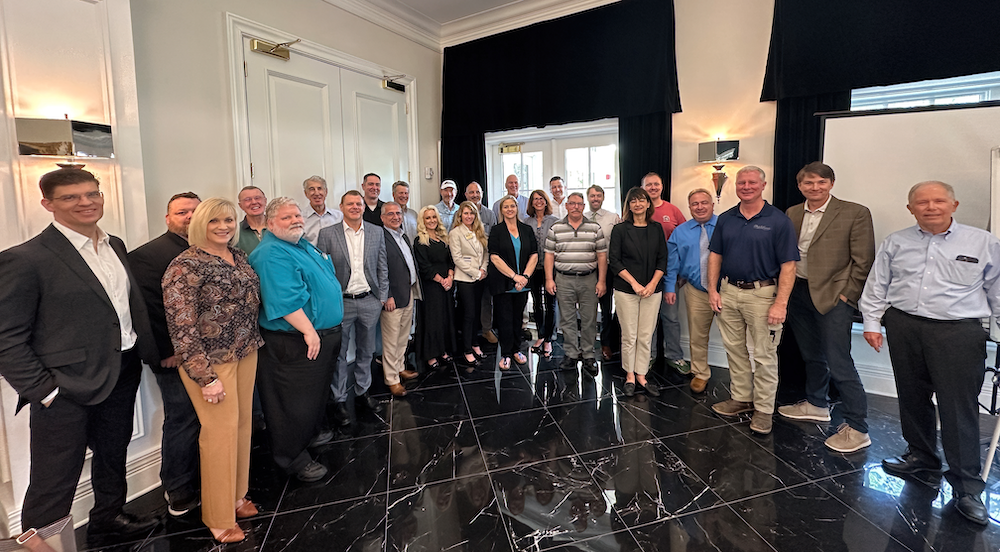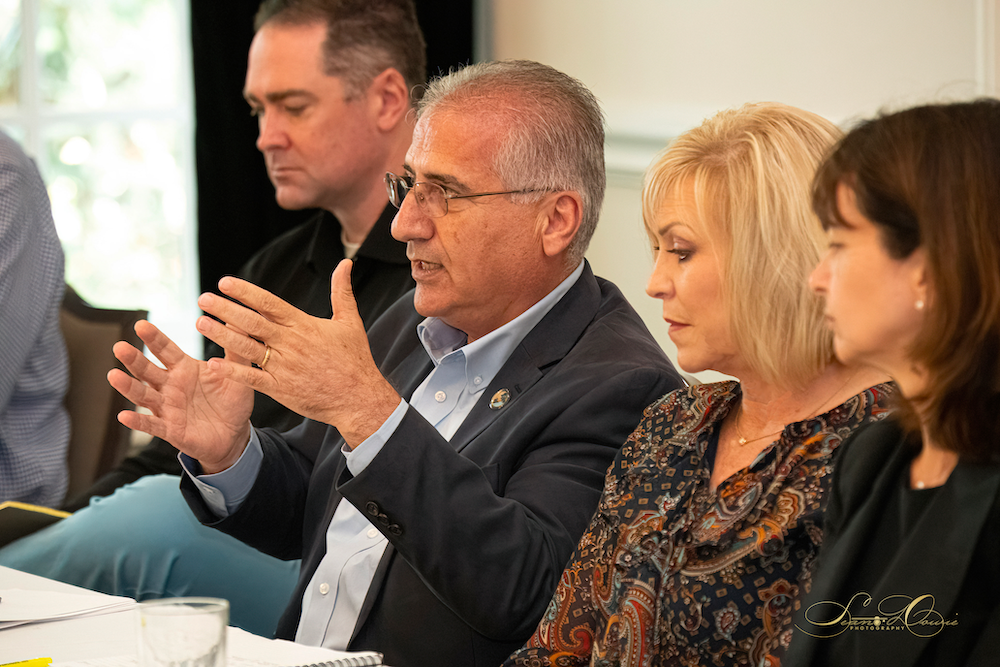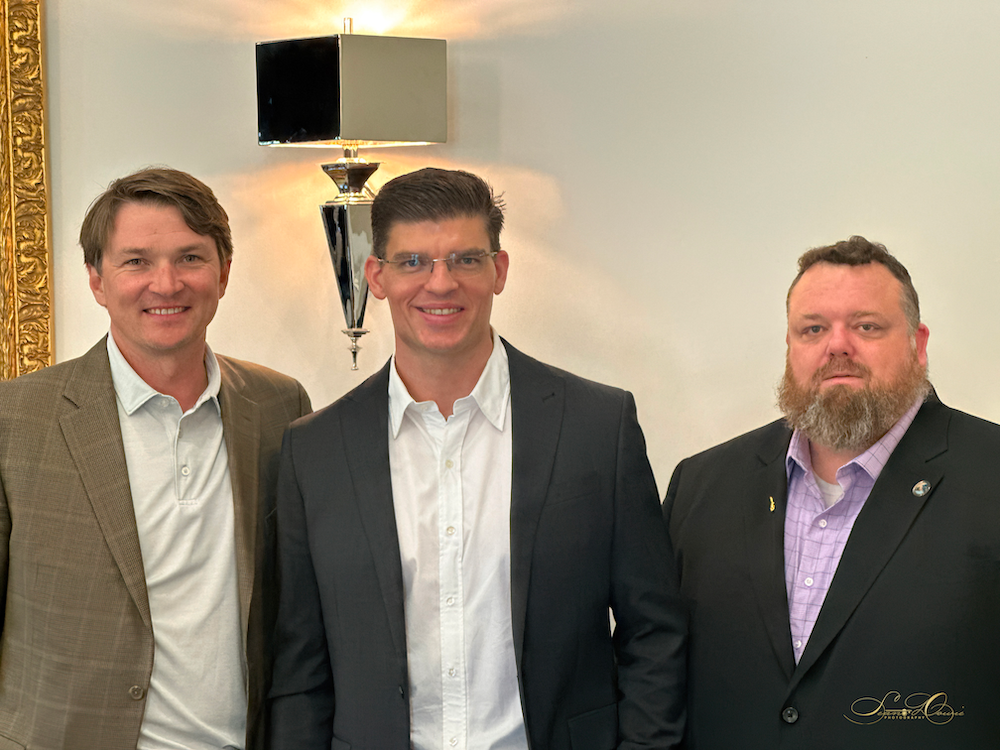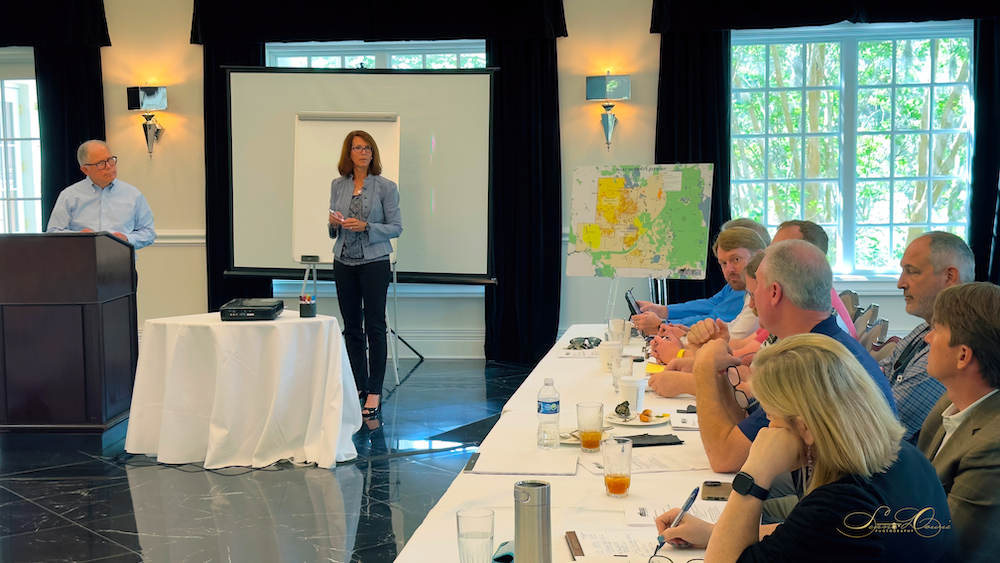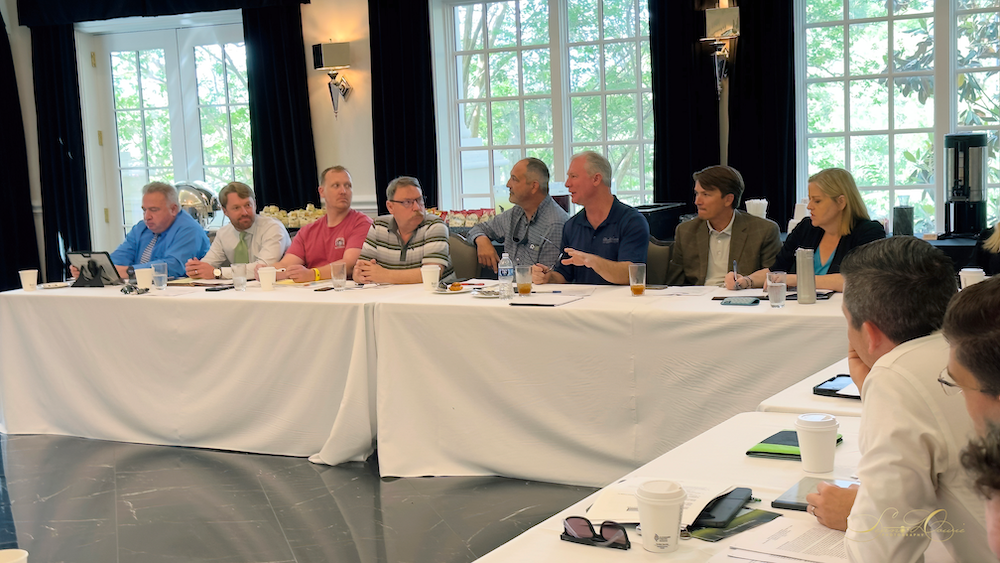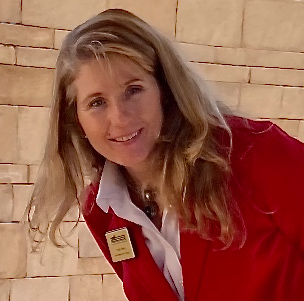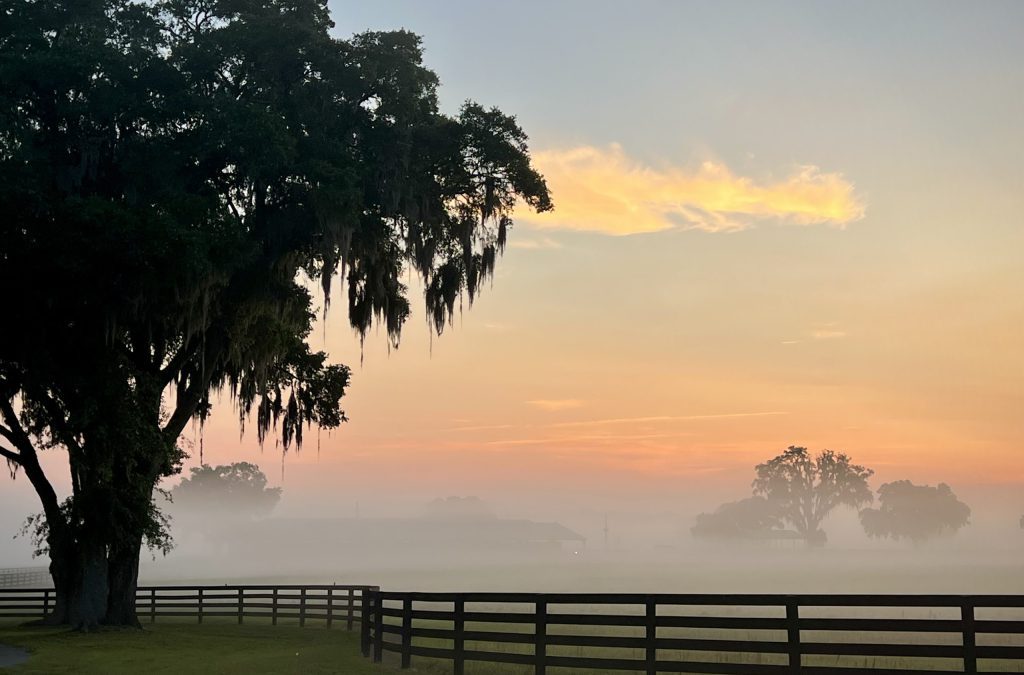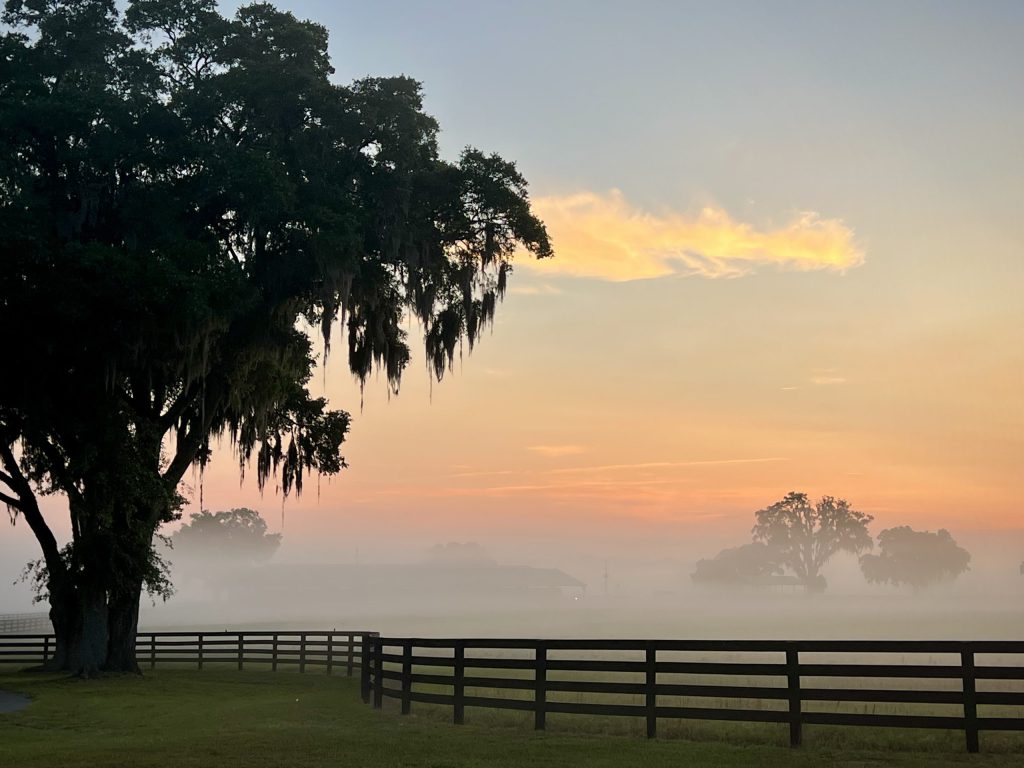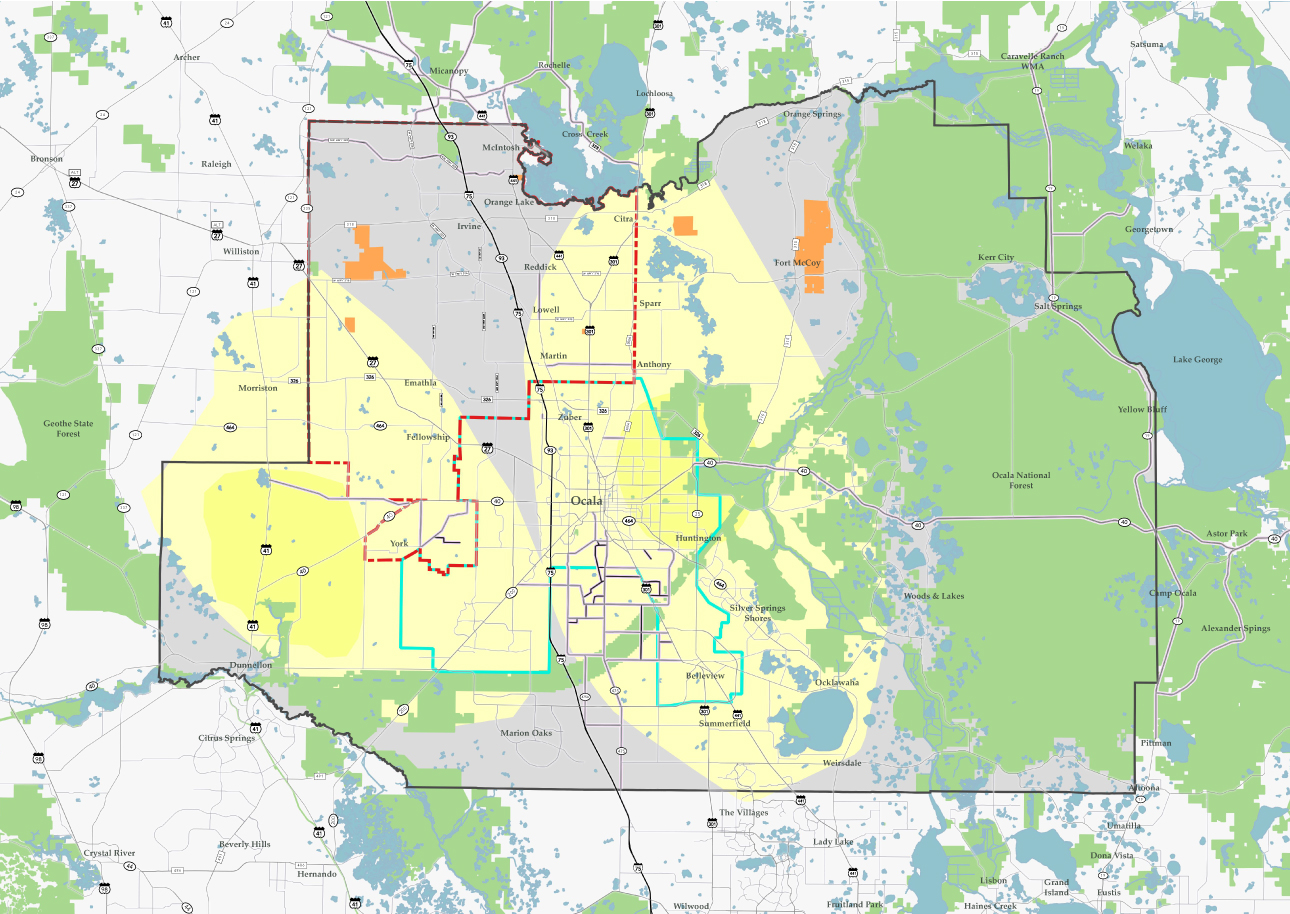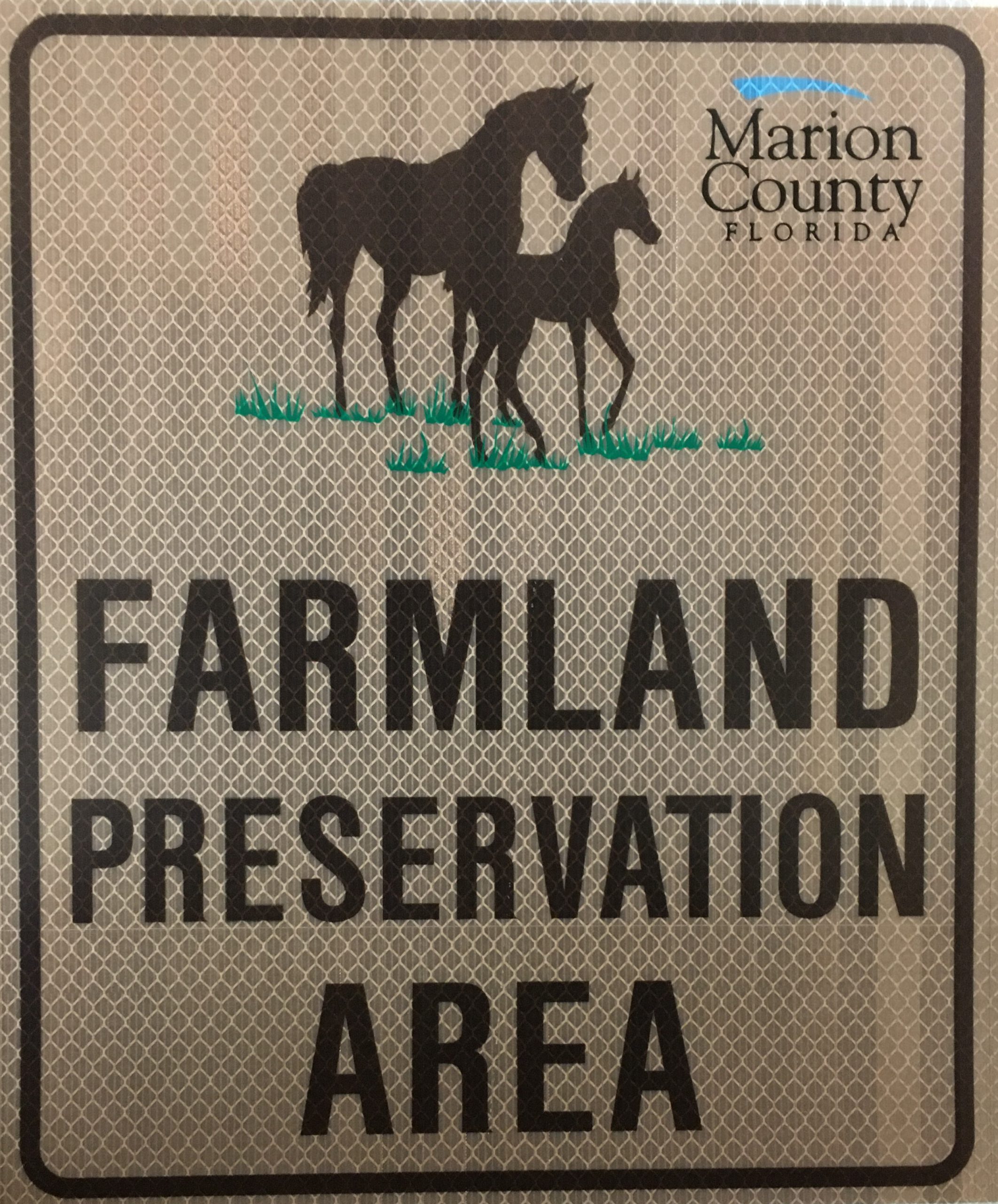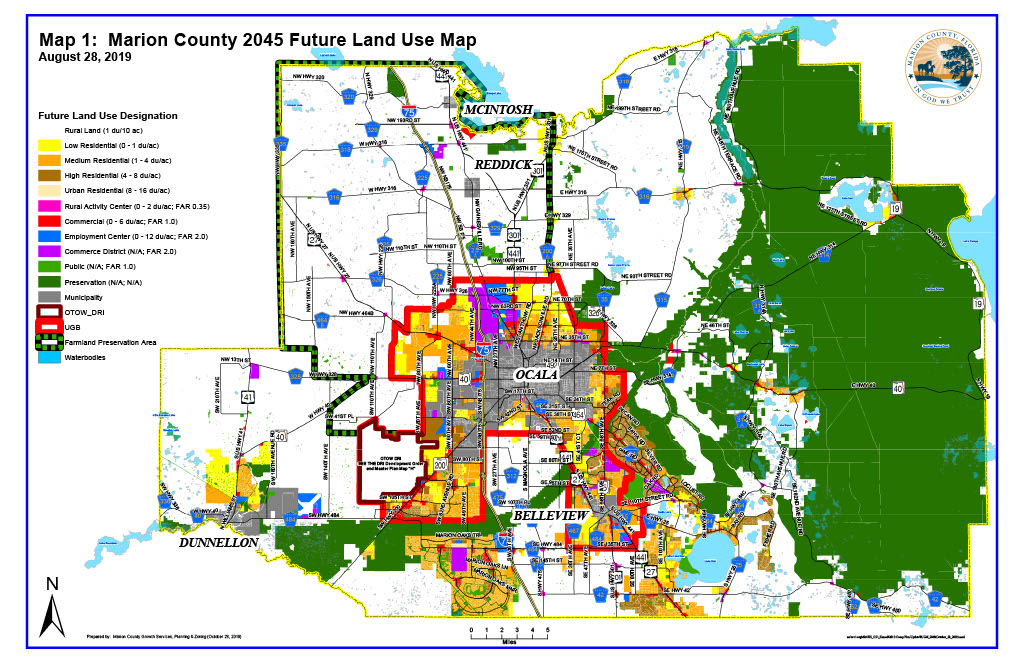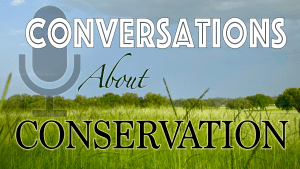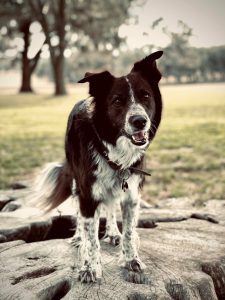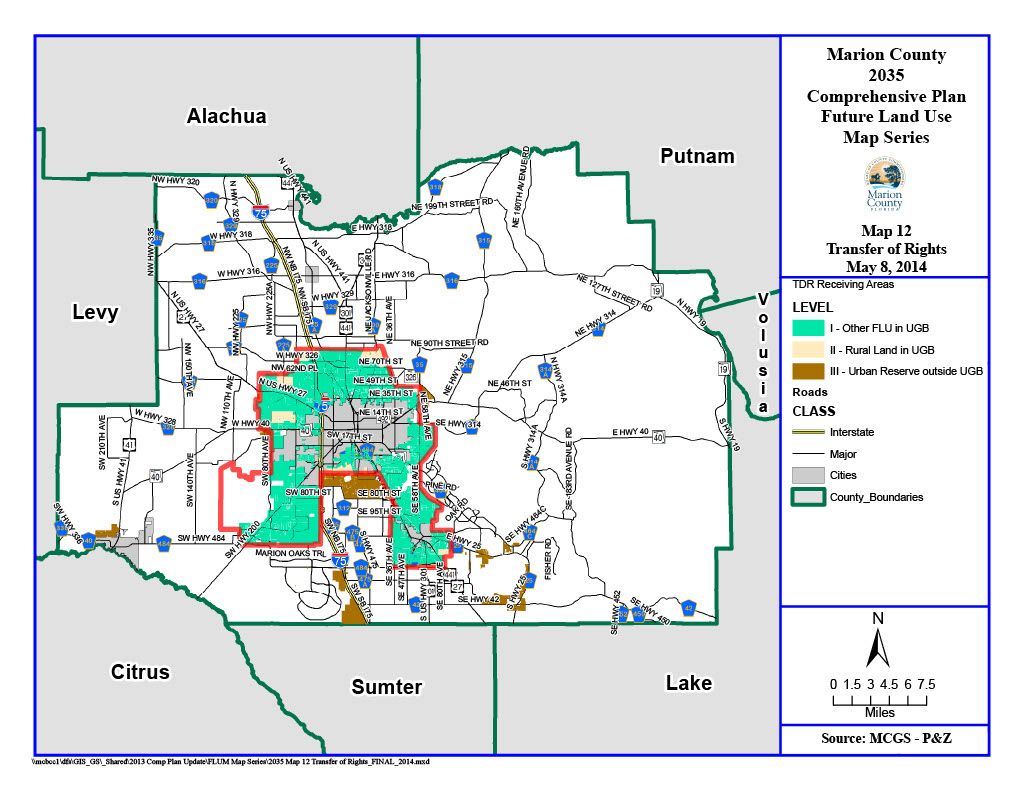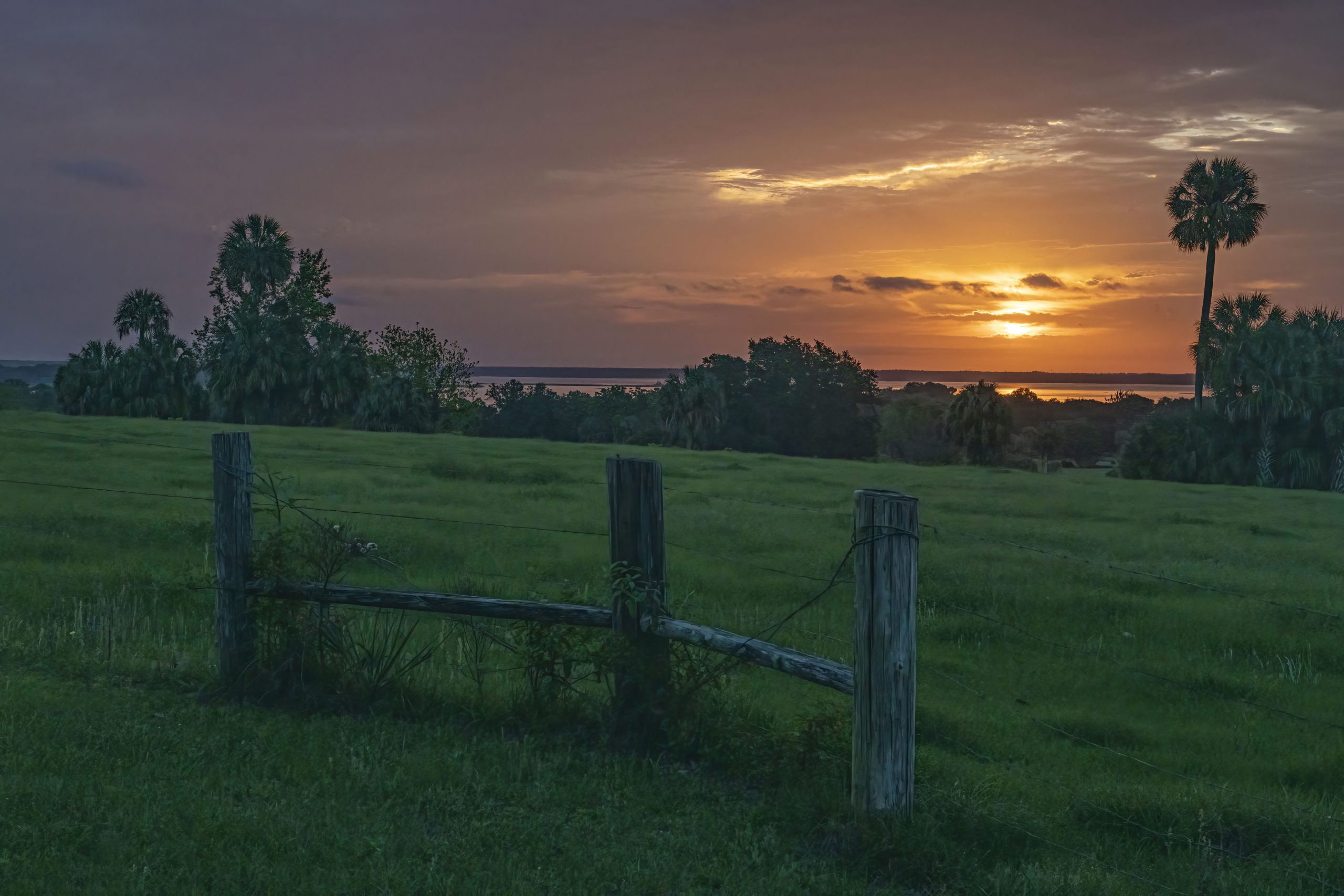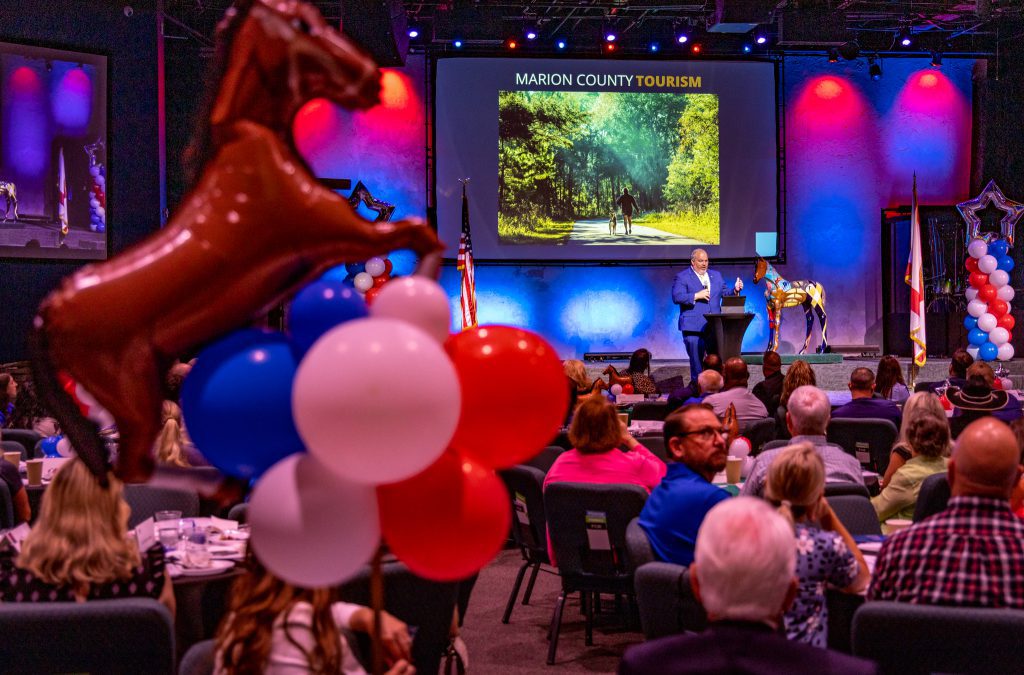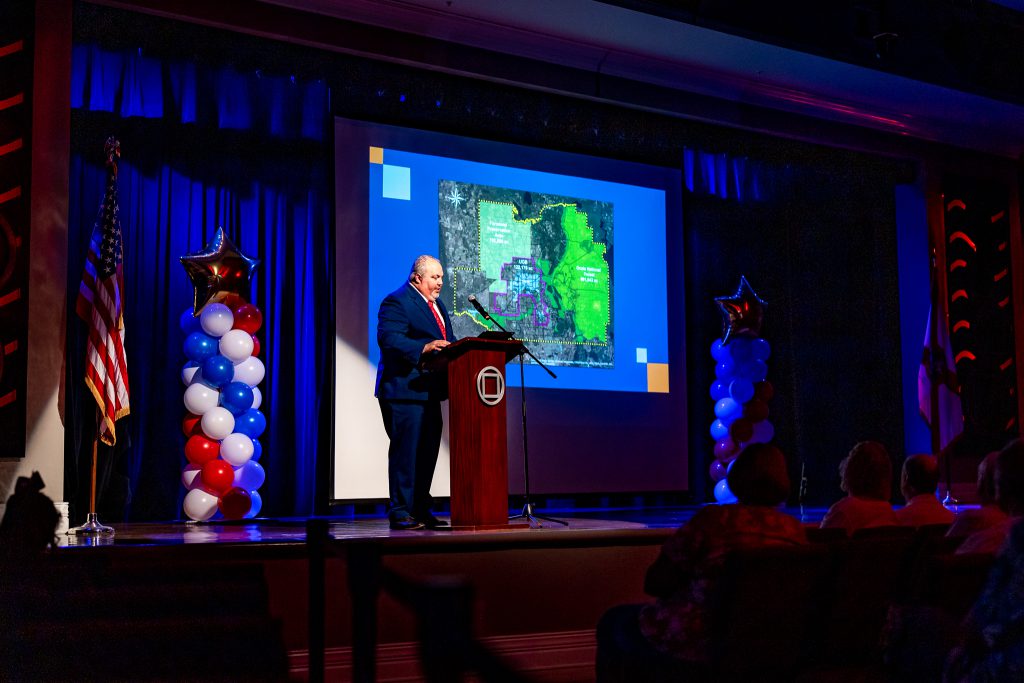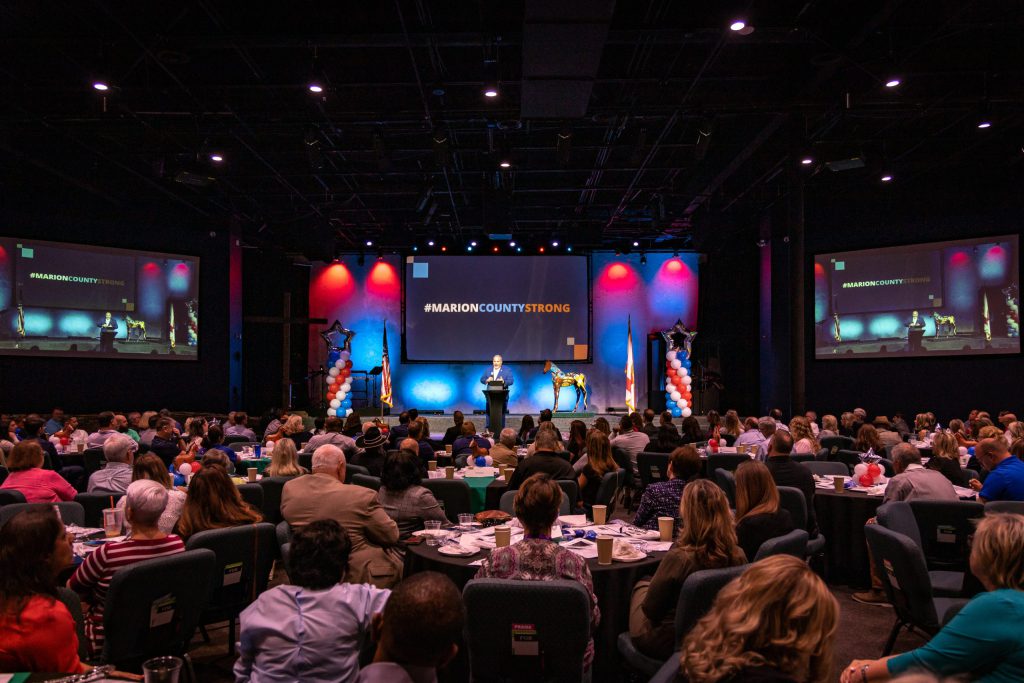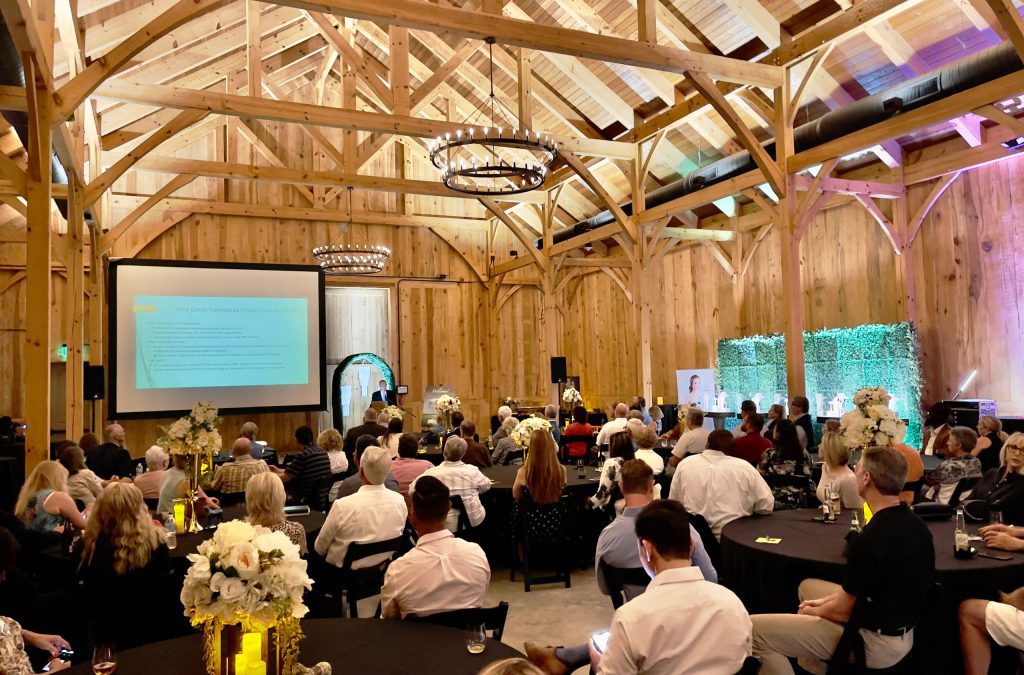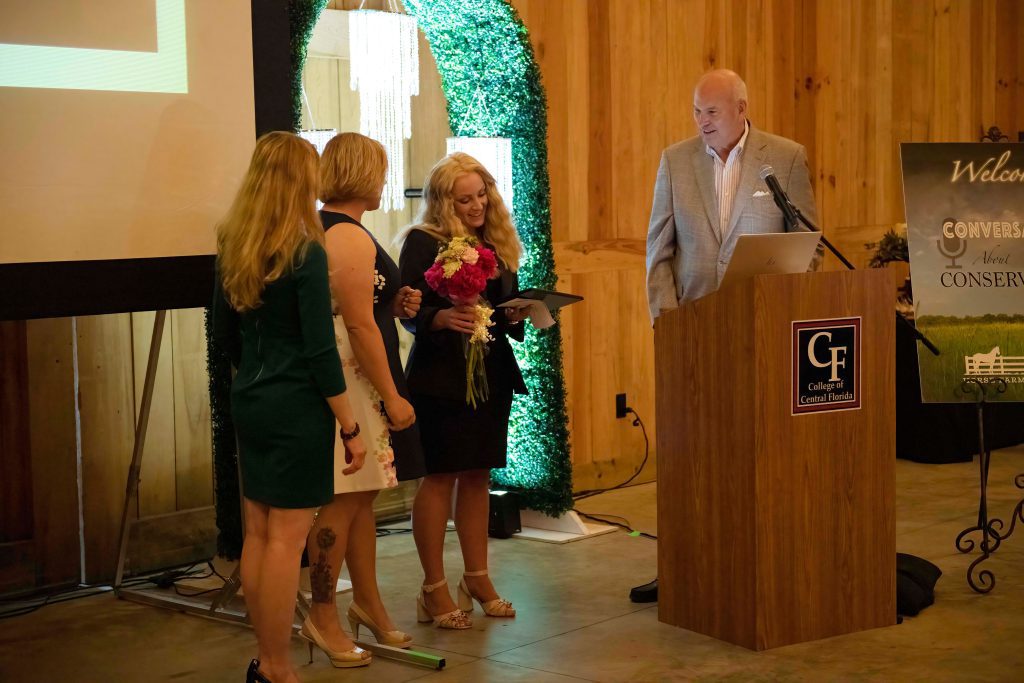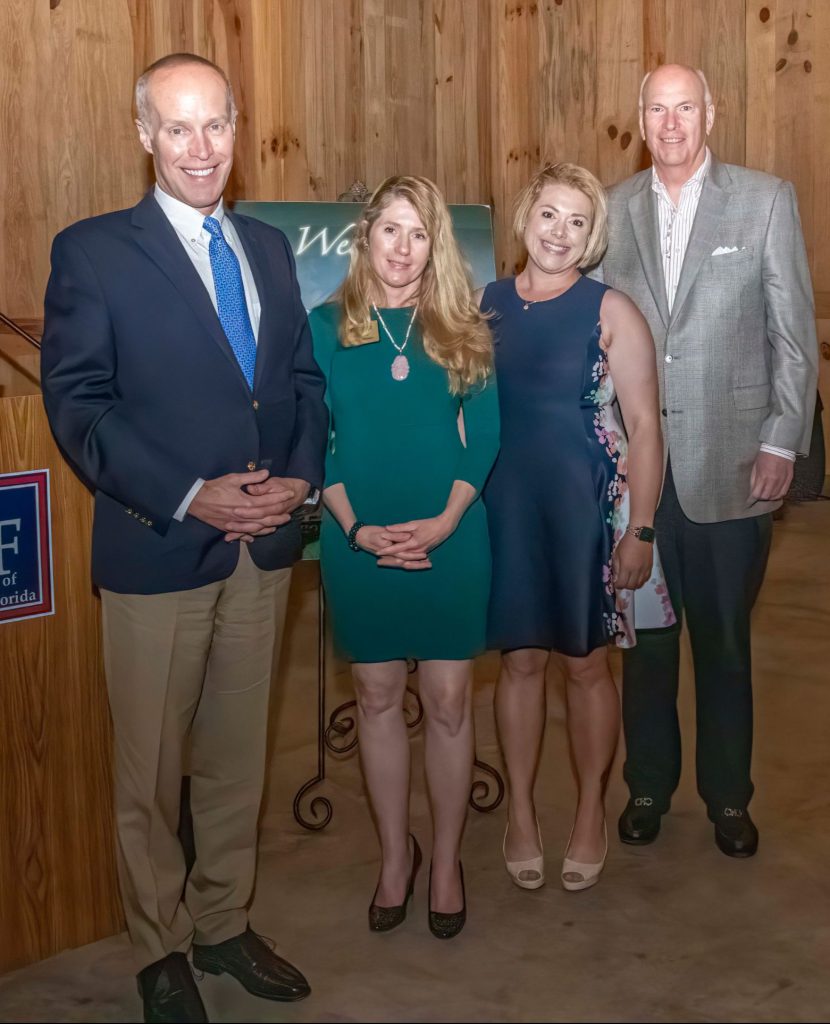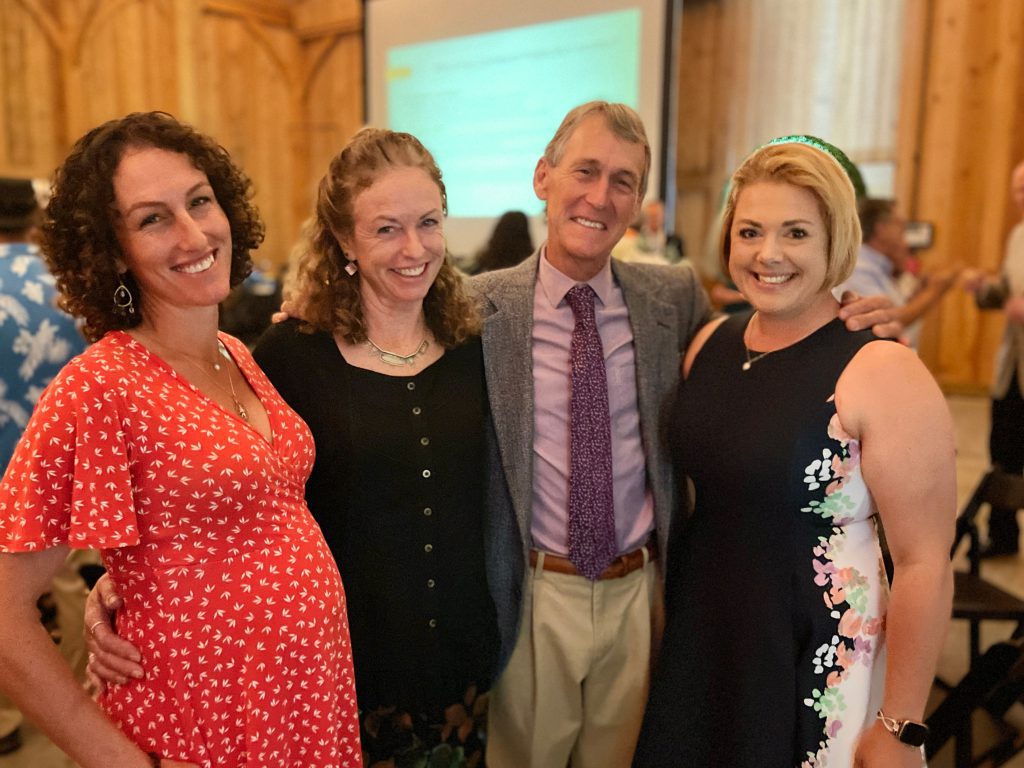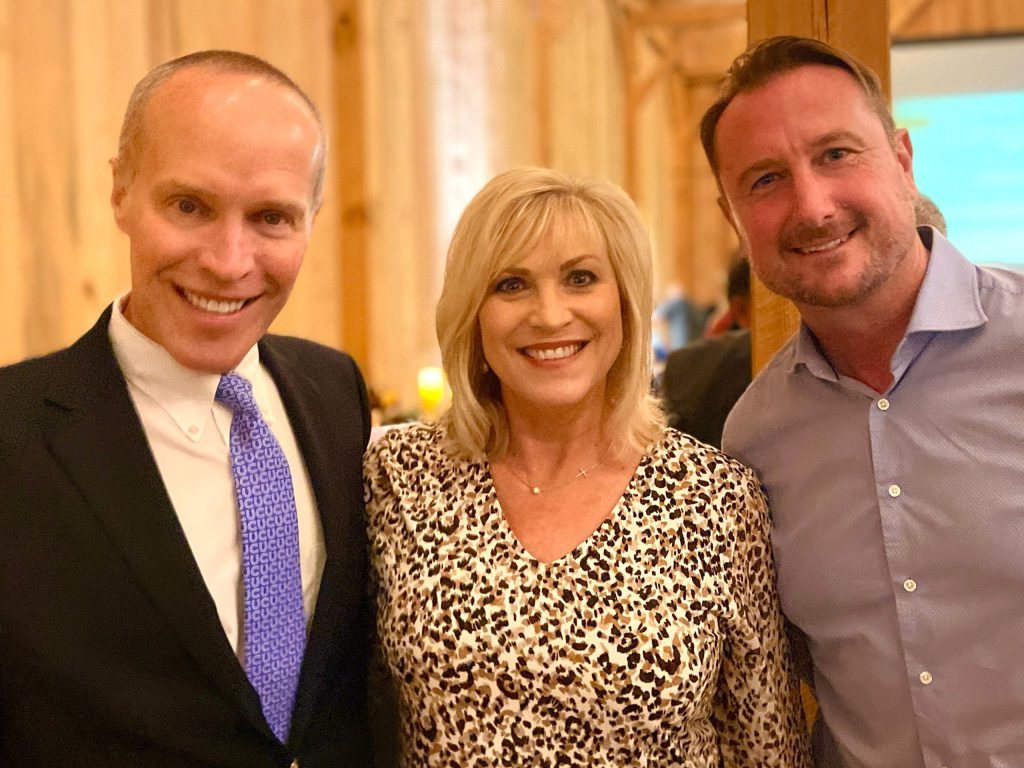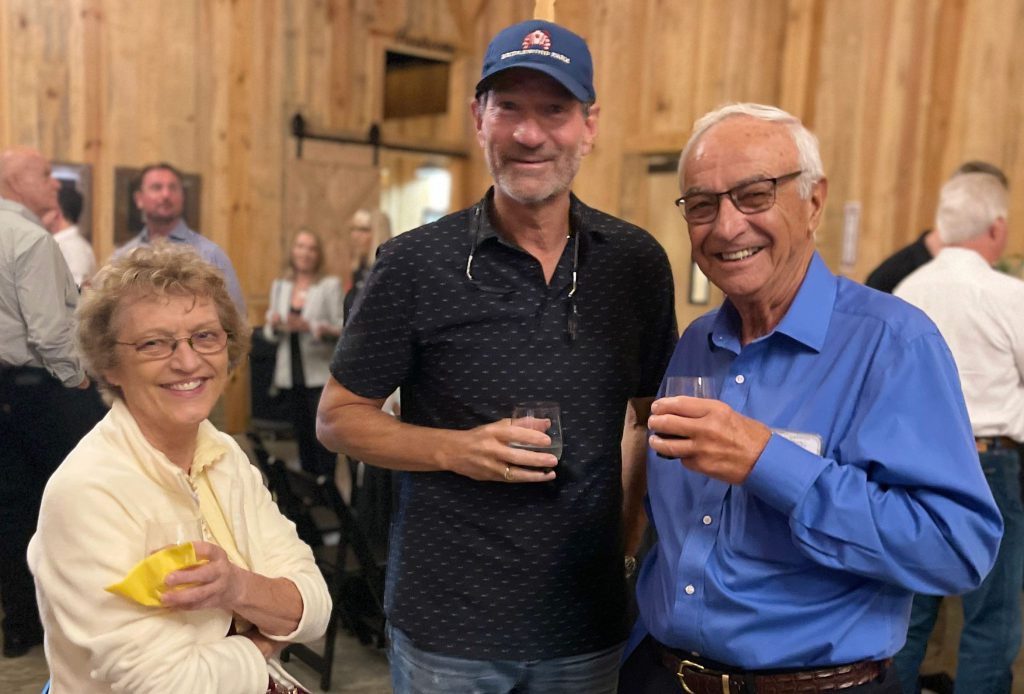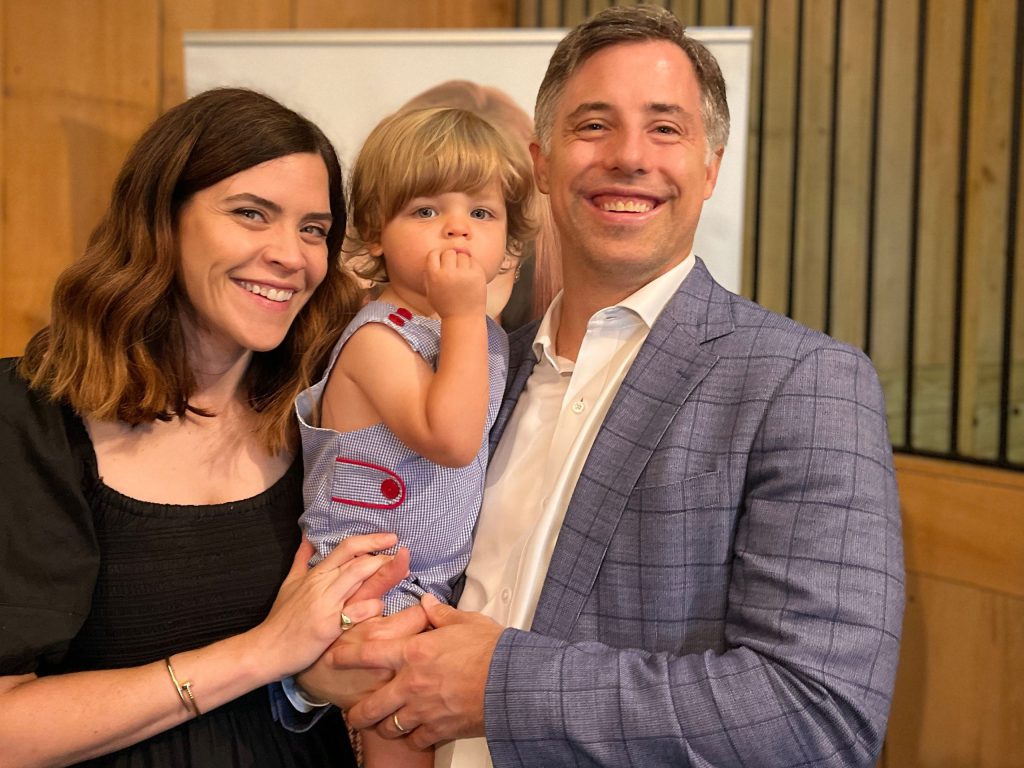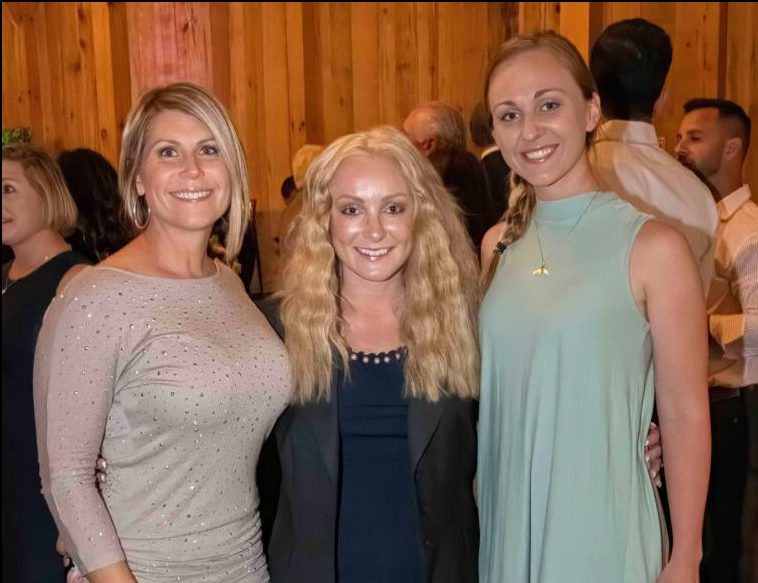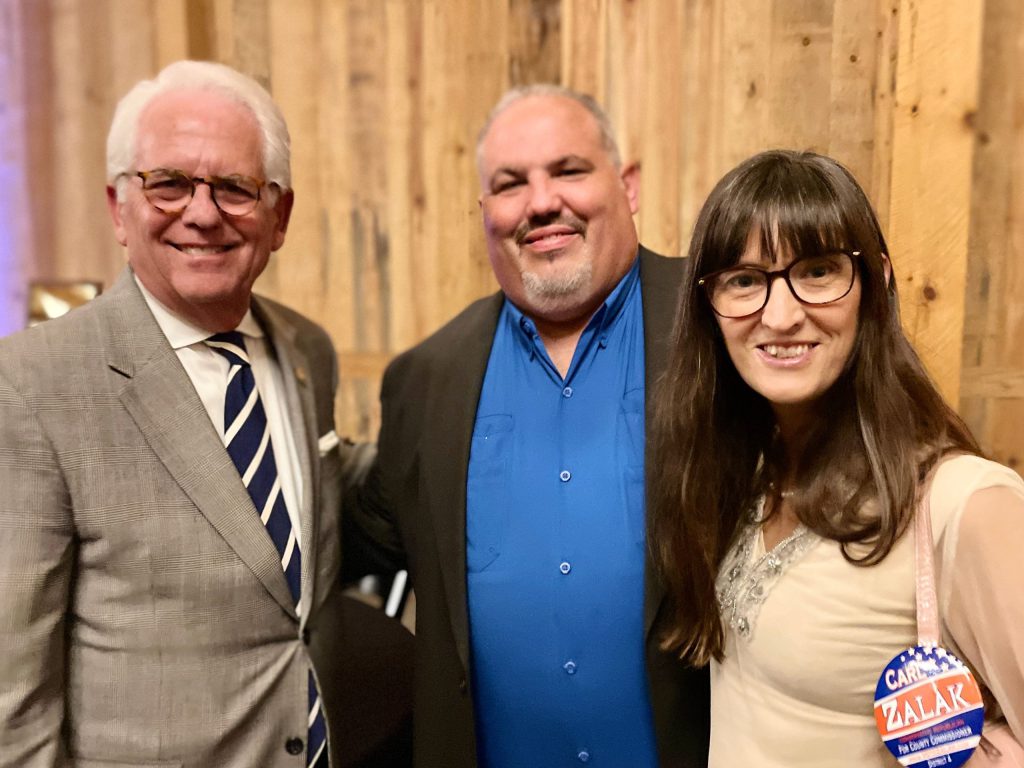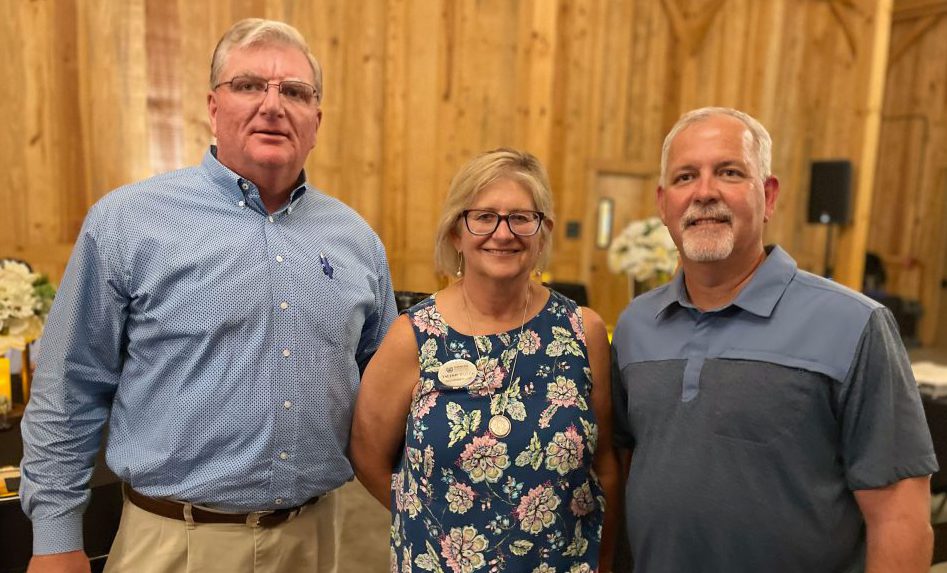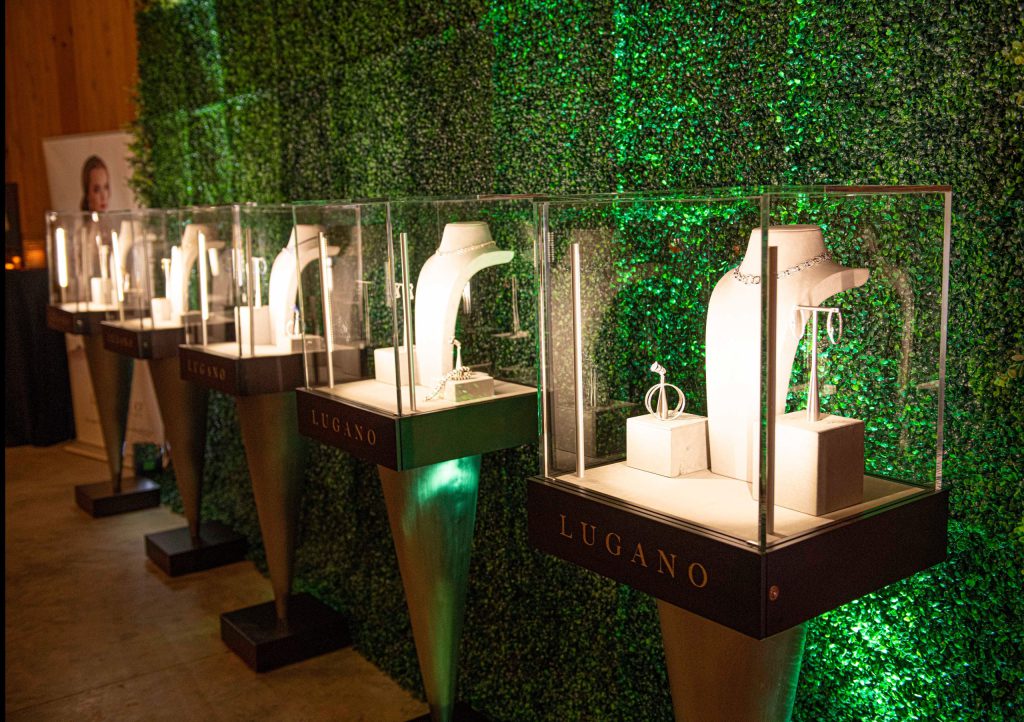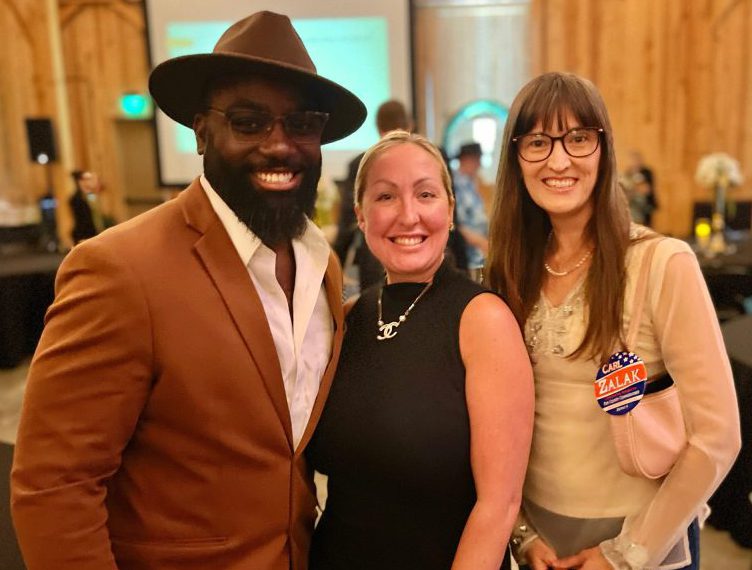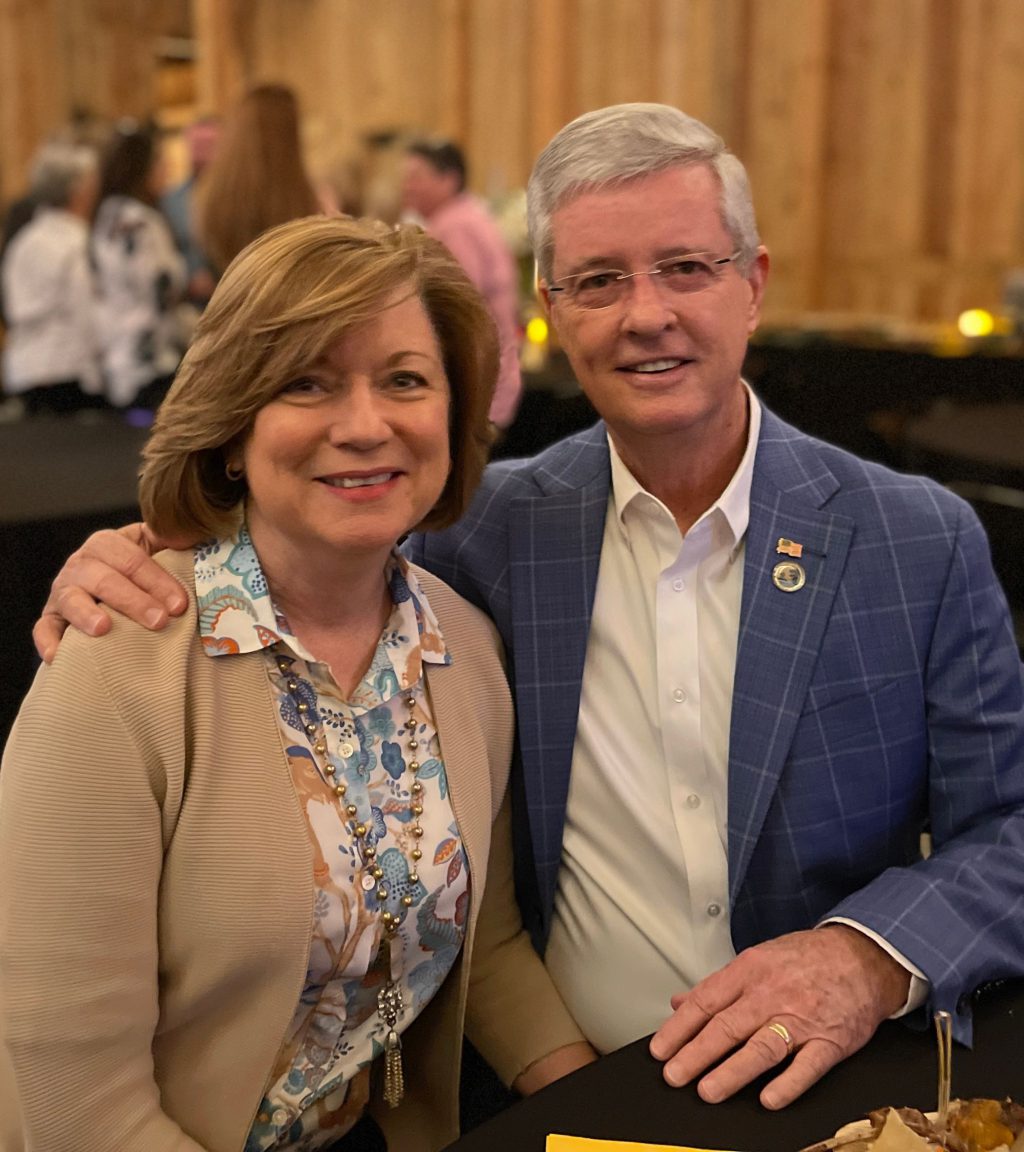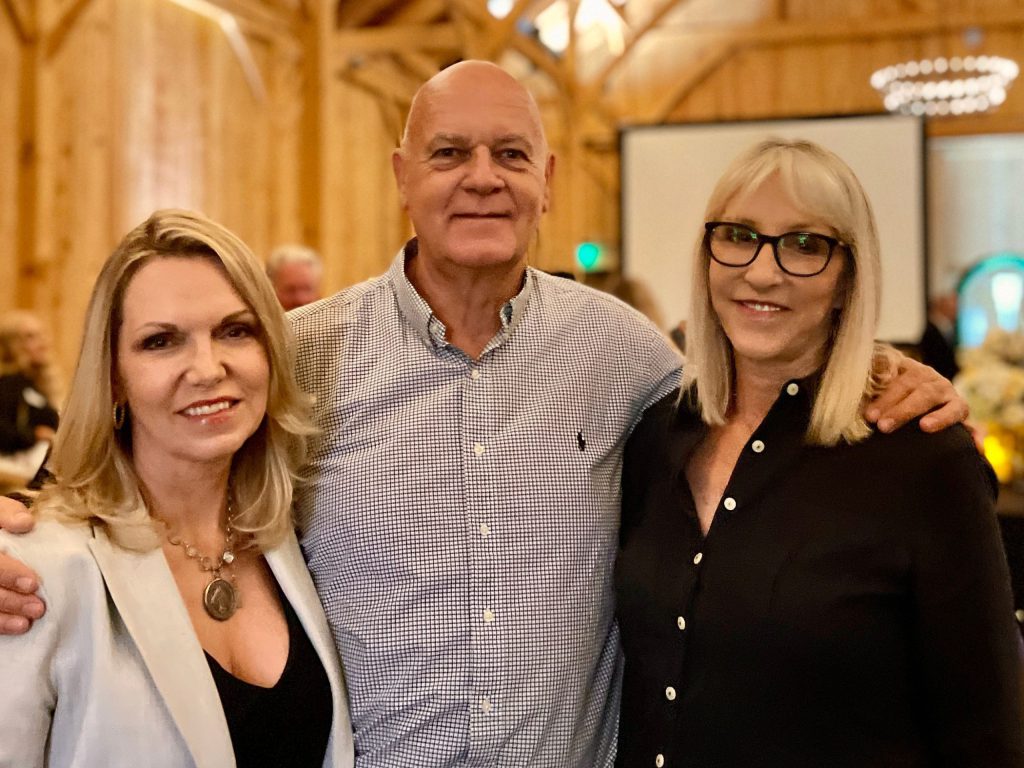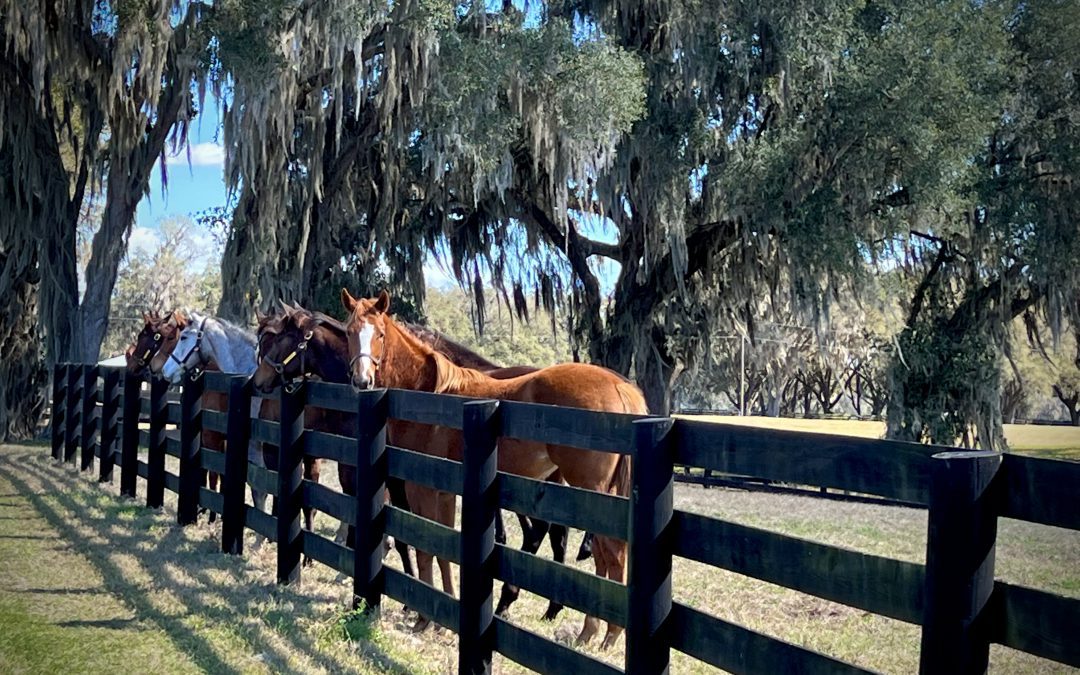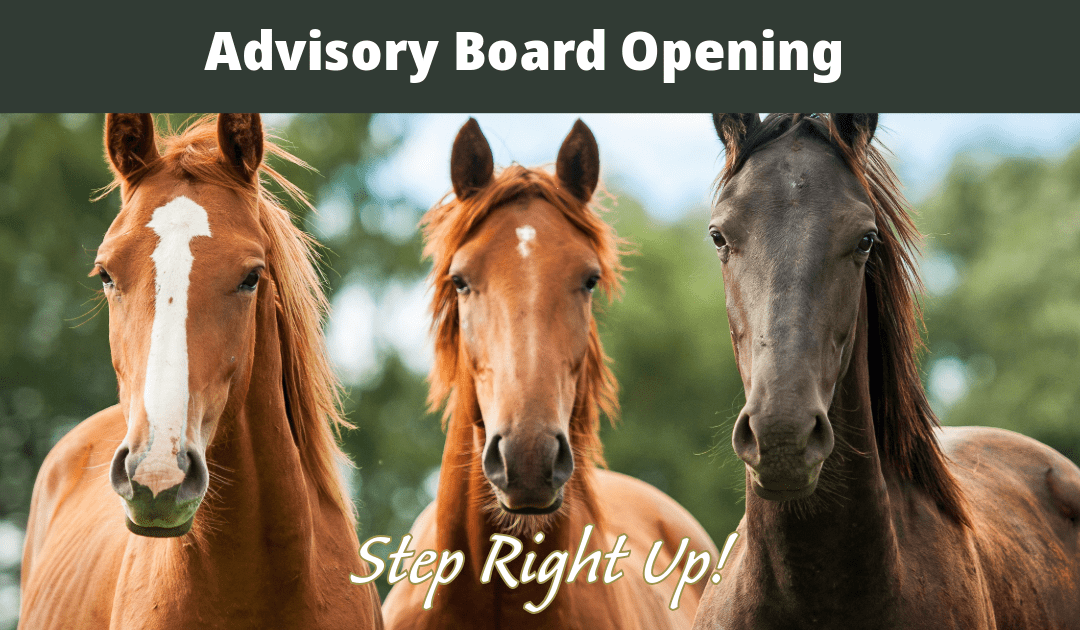
Volunteer Board Opening: Make a Difference for Farmland
Land Development Regulation Commission
The Land Development Regulation Commission (LDRC) is the commission that has the most impact on how Marion County grows. The LDRC makes recommendations in regards to the adoption and amendment of the Land Development Code and the Zoning Code.
Opening:
- Land Development Regulation Commission (1 Full Member – Full Term 11/2028)
If you have expertise in planning, environmental science, agriculture, or the development industry, then the Land Development Regulation Commission (LDRC) is for you!
The LDRC’s role in shaping future growth is even more important now, as the County is updating its policies in the Comprehensive Plan through the Evaluation and Appraisal Report (EAR). The Comprehensive Plan is like a road map for the community and it will guide where and how Marion County grows over the next 20 years.
If you meet the qualifications and are willing to volunteer your time, then we encourage you to apply. If you have previously applied and were not selected, your previous application to the LDRC will stay active for one year from the date that it was submitted. If a previous applicant wants to be considered for the current LDRC vacancy, they must send an email to CommissionAdmin@MarionFL.org stating that they would like their previous application to be considered.
HOW TO APPLY:
Land Development Regulation Commission (1) Full Member – Full Term 11/2028
Responsibilities: Members shall be qualified electors in Marion County, preferably knowledgeable in the areas of planning, environmental science, agriculture, and the development industry, as well as in technical fields related to land development regulations. They should have the ability to evaluate and recommend specific regulatory standards and criteria to the County Commission regarding the adoption and amendment of the Land Development Code and Zoning Code. Additionally, members are responsible for preparing an annual report recommending amendments to the Land Development Code or Zoning Code.
The members of the LDRC are appointed by the Board of County Commissioners. To be eligible, you must be a qualified voter and resident of Marion County. This is a volunteer position.
Applications for said vacancies may be obtained at the Marion County Board of County Commissioners’ Office located at 601 S.E. 25th Ave., Ocala, Florida; or by calling 352-438-2323.
To apply, download this form:
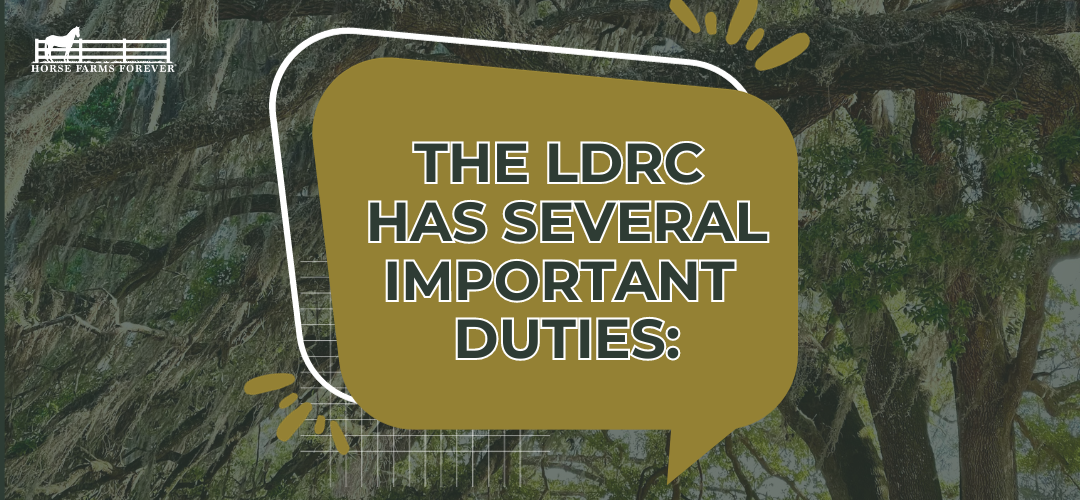
Duties:
- To review and consider all proposed land development regulations and amendments thereto.
- To hold public hearings regarding proposed land development regulations and amendments thereto.
- To make recommendations to the county commission regarding consistency of proposed land development regulations or amendments with the county’s approved and adopted comprehensive plan.
- To review and make recommendations to the county commission regarding the adoption and amendments to the Land Development Code.
- To monitor and oversee the effectiveness and status of the Land Development Code and recommend to the county commission such changes in the code as may be required.
- To make its special knowledge and expertise available, upon reasonable written request and authorization of the county commission to any official, department, board, commission or agency of the county, state or federal governments.
Previous applications to the LDRC stay active for one year from the date that they were submitted. If a previous applicant wants to be considered for the current LDRC vacancy, they must send an email to CommissionAdmin@MarionFL.org stating that they would like their previous application to be considered.
The deadline for receiving applications is Friday, November 1, 2024 at 4 p.m. The Marion County Board of County Commissioners plans to appoint members on Tuesday, November 19, 2024 or as soon thereafter as possible.
Contact the County about the EAR:
For any additional questions regarding the EAR process, please email Planning@MarionFL.org with your subject line including 'EAR' or call us at 352-438-2675 & ask for a planner.
The workshops will be livestreamed. Check the County’s agenda webpage for the link: https://marionfl.legistar.com/Calendar.aspx

